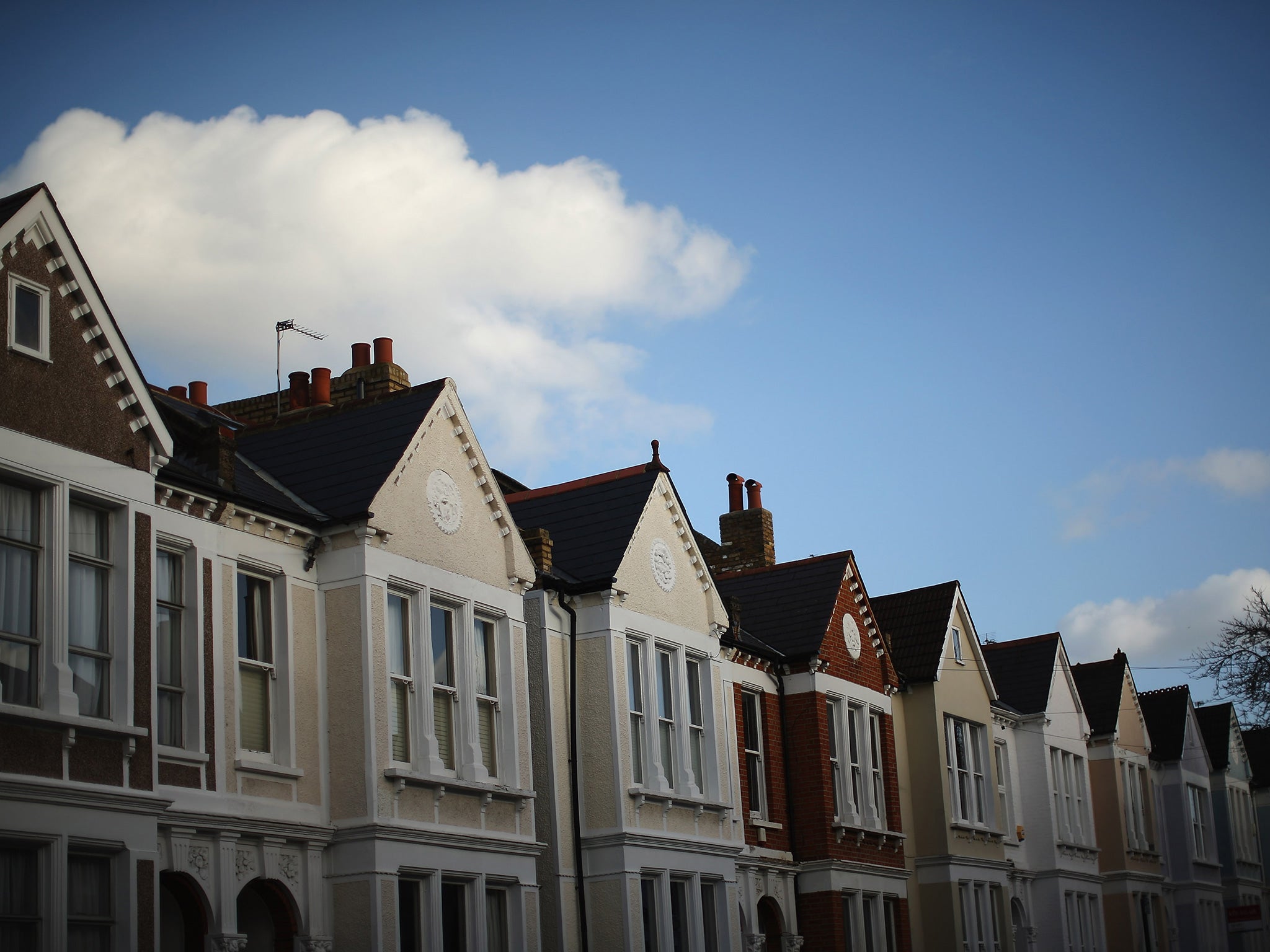Budget 2015: Rent reforms 'will massively constrain' efforts to build affordable homes
Treasury forecasts suggest the new cuts could save £1.45bn

Housing associations will build nearly 30,000 fewer affordable homes as a result of George Osborne’s decision to enforce rent reductions for the next four years, it has been claimed.
Mr Osborne scrapped a 10-year deal that allowed housing associations to raise rents by one per cent more than inflation and insisted that instead they reduce rents by one per cent a year. Treasury forecasts suggest the new cuts could save £1.45bn – mainly from the housing benefit bill.
But David Orr, chief executive of the National Housing Federation, said that “at the very least” 27,000 planned homes – intended to be rented out – would not now be built.
“The cut will massively constrain housing associations’ ability to meet the shared ambition of themselves and government to drive housing growth and new jobs,” he said. Social landlords built nearly 60,000 homes last year. But the rent change looks set to exacerbate an acute shortage of affordable housing across the UK.
Mr Osborne failed to announce any new measures to stimulate housebuilding, despite a shortage of properties pushing prices out of the reach of many people.
Terrie Alafat, the chief executive of the Chartered Institute of Housing, said: “We understand the Government’s desire to manage the cost of the housing benefit bill but undermining [landlords’] income by cutting social housing rents is going to make it much tougher to build new homes.”
But Mr Osborne defended the move saying rent rises over the past few years were unsustainable.
“We are going to end the ratchet of ever higher housing benefit chasing up ever higher rents in the social housing sector,” he said.
Budget 2015: The story of the Budget in four charts
Who will benefit and who will suffer in this Budget?
Corporation tax just got cut again
Tax giveaways but severe welfare cuts announced
Public sector pay rises to be capped at 1 per cent
“These rents have increased by a staggering 20 per cent since 2010. This will be a welcome cut in rents for those tenants who pay it and I’m confident housing associations and other landlords who operate in the social housing sector will be able to play their part and find the efficiencies needed.”
The rent reduction will kick in from next April. After four years the rent formula will return to CPI plus 1 per cent.
In a separate move, Mr Osborne announced that wealthier landlords will have their tax breaks restricted, in an attempt to reduce the number of homes being bought by buy-to-let investors.
Landlords can currently deduct their costs, ncluding mortgage interest, from their profits before they pay tax, giving them an advantage over other home buyers.
Wealthier landlords receive tax relief at 40 per cent and 45 per cent – but this tax relief will be restricted to 20 per cent by April 2020. And from April 2016, a “wear and tear allowance”, which allows landlords to reduce the tax they pay, regardless of whether they replace furnishings in their property, will be replaced by a system that only allows them tax relief when they spend the money.
Mr Osborne said the reforms would create “a more level playing field between those buying a home to let and those who are buying a home to live in”.
Join our commenting forum
Join thought-provoking conversations, follow other Independent readers and see their replies
Comments
Bookmark popover
Removed from bookmarks